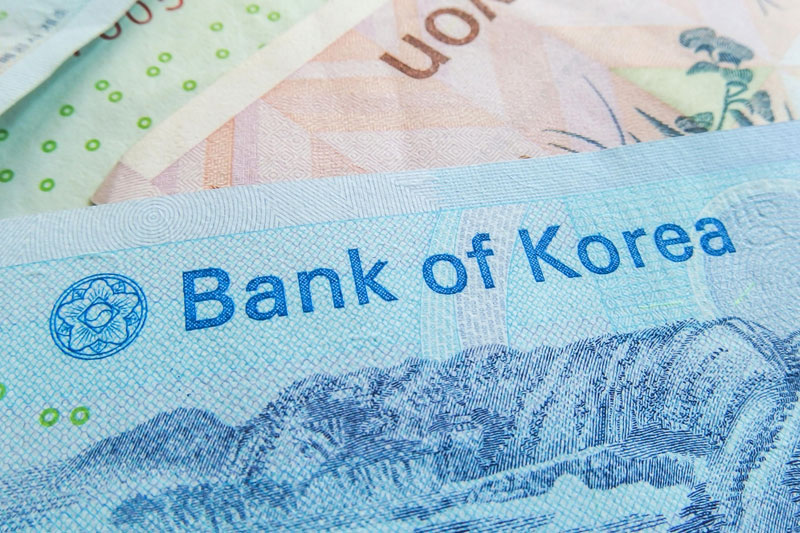Investing.com — Most Asian currencies rose slightly on Thursday, while the dollar retreated as slightly softer U.S. inflation data fueled expectations of lower interest rates.
Among major regional moves, the South Korean won rose slightly after the Bank of Korea unexpectedly maintained interest rates amid heightened political uncertainty in the country.
The Japanese yen shot to a nearly one-month high amid increased speculation that the Bank of Japan will raise interest rates next week.
Most Asian currencies posted strong gains, following sharp losses in the dollar after Wednesday’s consumer inflation.
Asian trading held steady after falling from near two-year highs in overnight trading as inflation figures looked slightly weaker than expected.
But anticipation of more important economic signals this week still kept the dollar relatively strong, with the dollar index remaining above the 109 level.
Won was little changed after BOK kept rates on hold but signaled more cuts
The South Korean won pair fell 0.1% after the BOK unexpectedly kept interest rates stable. But Governor Rhee Chang-yong indicated that more relaxations were on the way.
The BOK stands at 3%, which undermines expectations for a 25 basis point cut. The move came amid increased political uncertainty in the country after ousted President Yung Suk Yeol was arrested this week over a failed attempt to impose military laws.
Yeol’s move had led to sharp losses in South Korean markets through December, sending the won to its lowest level in 15 years. This trend was probably also the reason for the BOK’s decision to hold on.
But Governor Rhee indicated that policymakers were prepared to cut rates further in the coming months, especially as economic growth remained weak. The BOK lowered interest rates twice in 2024.
The yen is racing to a near 1-month high on BOJ hike speculation
The Japanese yen was the best-performing Asian currency on Thursday, with the pair falling 0.5% to 155.59 yen, the lowest level since mid-December.
The yen rose this week as BOJ Governor Kazuo Ueda indicated the central bank will consider raising interest rates amid steady growth in inflation and wages.
Reports from Reuters and Bloomberg also pointed to a strong possibility of a rate hike in January – a move that bodes well for the yen.
The Japanese currency, like most of its regional counterparts, has been battered by concerns about US interest rates continuing to rise in 2025.
Broader Asian currencies mainly firmed on Thursday. The Chinese yuan pair fell slightly as focus shifted to key fourth-quarter data due Friday.
The Australian dollar pair was an outlier, falling 0.2%, although it was significantly stronger than expected for December. The strength in the labor market reduces the chances of rate cuts by the Reserve Bank of Australia, which could start cutting rates as early as February.
The Australian recovered sharply this week from a near five-year low.
The Singapore dollar pair was flat while the Indian rupee pair hovered above the 86 rupee mark but remained close to record highs.


